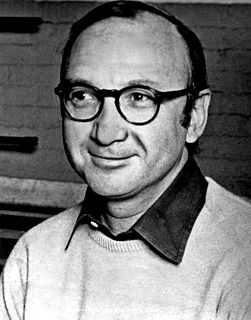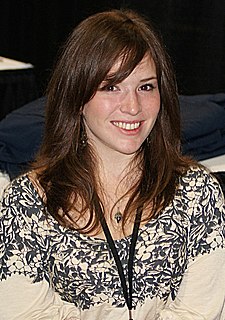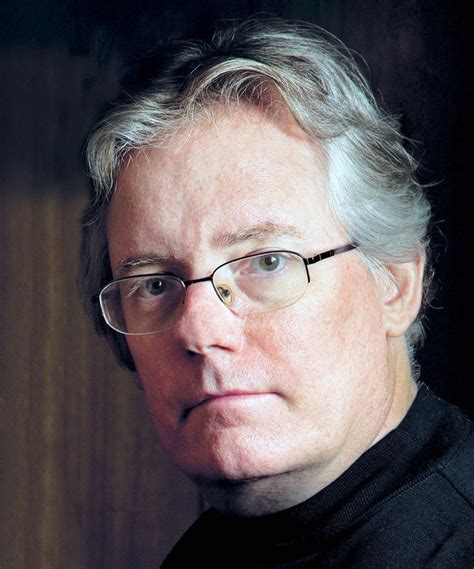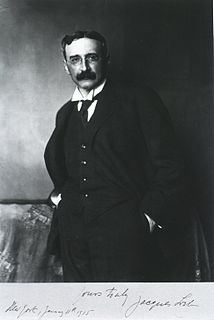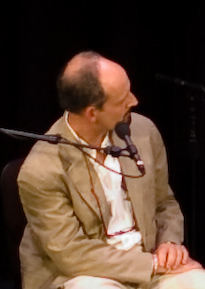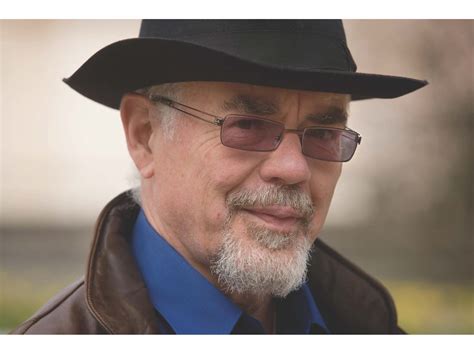Цитата Рэйчел Карсон
[Писать] в значительной степени вопрос приложения и тяжелой работы, или писать и переписывать бесконечно, пока вы не будете удовлетворены тем, что сказали то, что хотите сказать, настолько ясно и просто, насколько это возможно. Для меня это обычно означает много-много пересмотров.
Связанные цитаты
Писать для взрослых и писать для молодежи на самом деле не так уж и отличаются. Как репортер, я всегда старался писать как можно яснее и проще. Я люблю чистое, неприукрашенное письмо. Так что писать для более молодой аудитории было в значительной степени упражнением в том, чтобы сделать мою прозу еще более ясной и прямой и избежать сложных отступлений.
Я всегда был более чем озадачен поэтами, которые, кажется, думают, что говорить с людьми как можно более прямо — это плохо. Я имею в виду, что я не хочу создавать здесь подставное лицо: я понимаю, что для многих поэтов — и для меня иногда — писать действительно означает писать трудным способом, просто потому, что стихотворение пытается ухватиться за что-то неуловимое. Так что трудность стихотворения просто неизбежна, а вовсе не искусственно навязана. Так что «насколько это возможно» — ключевая часть приведенной выше фразы, я полагаю.
Я долго ношу свои мысли с собой... прежде чем записать их... однажды уловив тему. Я не забуду этого даже спустя годы. Я многое меняю, отбрасываю другие и пробую снова и снова, пока не буду удовлетворен; затем в моей голове... [произведение] поднимается, растет, я слышу и вижу образ передо мной со всех сторон... и остается только труд записать его... Я превращаю свои идеи в звуки, которые звучат, ревут и бушуют, пока, наконец, не предстают передо мной в форме нот.
Хорошее письмо — это писать и переписывать, переписывать и переписывать. Иногда это работает сразу, и это удивительно. Но в большинстве случаев это срабатывает, а потом ты переписываешь, переписываешь и переписываешь, и, может быть, даже возвращается к тому, что было изначально, но тогда ты точно знаешь, что это хорошо, и это то, что ты хотел сделать.
Многие романисты говорят: «Я не политический писатель», в том числе и я. Это стандартная позиция, даже позиция по умолчанию. В то время как разделение между искусством и политикой просто невозможно во многих странах. В Венгрии вы не можете быть писателем-фантастом, а затем, когда вас спросят о политике, поднять руки вверх и сказать: «Но я не политический писатель». Если вы китайский писатель, писатель в стране, где цензура является такой проблемой, как вы утверждаете, что политика не имеет никакого отношения к вашим произведениям? Это в вашем письме, это формирует ваши слова.
Мысли создаются в процессе письма. [Это миф, что] вам нужно что-то сказать, чтобы писать. Реальность: Вам часто нужно писать, чтобы иметь что сказать. Мысль приходит с письмом, а письмо может никогда не прийти, если оно будет отложено до тех пор, пока мы не будем удовлетворены тем, что нам есть что сказать ... Утверждение «напиши сначала, посмотри, что ты должен был сказать позже» применимо ко всем проявлениям письменного языка, к письмам. ...а также к дневникам и журналам
Неважно, сколько людей пытаются, сколько модных авторов песен в Лос-Анджелесе пытаются свести это к формуле... в какой-то степени, я полагаю, что в написании великих песен нет науки. Для меня всегда важна мелодия - неважно, в каком жанре музыки ты пишешь, есть ли где-то сильная мелодичность, будь то вокал, гитарная партия или сэмпл. Что-то, что застревает в вашем мозгу, кажется, что-то, что работает.







